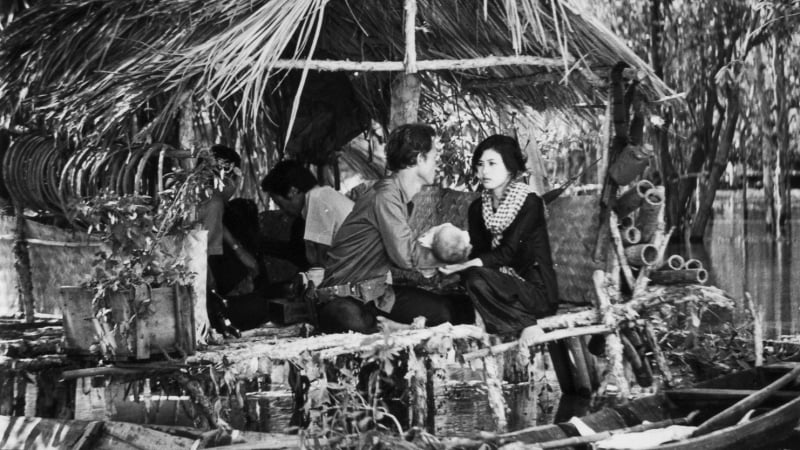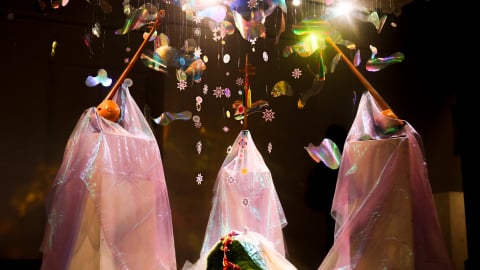Chinese cinema is witnessing the rise of an ambitious young talent, director Bi Gan. With his film "Resurrection," this filmmaker born in 1989 not only captivated critics but also won the prestigious Prix Spécial at the Cannes Film Festival, marking a significant milestone in his own cinematic revival journey.
The aspiration to revive cinema through "Resurrection"
"Resurrection" is more than just a film; it's an artistic manifesto, a bold attempt by Bi Gan to redefine cinematic language and explore new boundaries of the seventh art. From a seemingly non-linear script, Bi Gan leads the audience on a dreamlike adventure where the lines between reality and illusion, between past and future, blur. His unique filmmaking style, with its slow, drawn-out, meticulously staged shots, has made him a prominent name in Chinese cinema.
Featuring a talented cast including Yi Yang Qianxi, Shu Qi, and Li Gengxi, "The Age of Wilderness" tells the story of a woman (played by Shu Qi) who is trapped in an "eternal time zone" after surgery. Waking up in 2068, she finds herself the sole survivor in a desolate world.
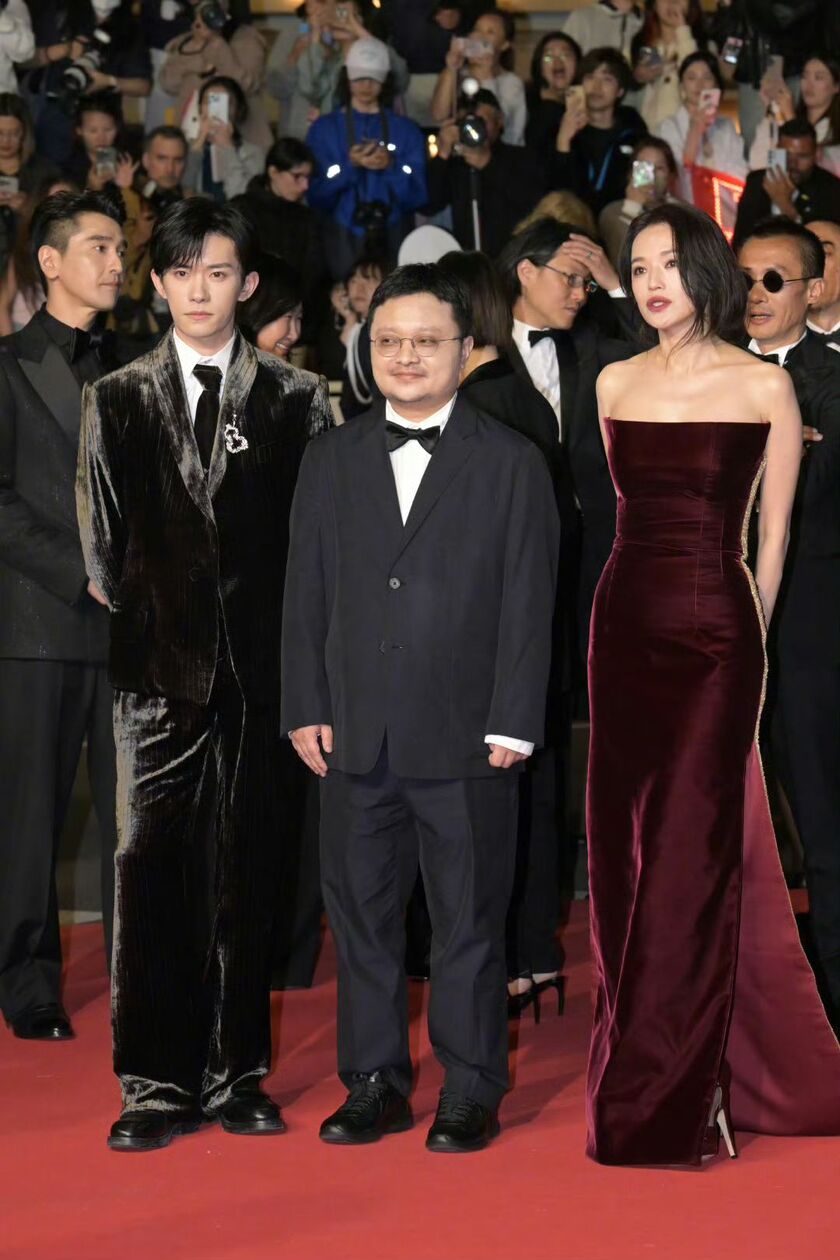
Bi Gan's *Resurrection* was announced as a contender for the Palme d'Or at the last minute.
Throughout her dreams, she finds a half-human, half-robot corpse (played by Jackson Yee) and attempts to awaken it with stories of Chinese history. As the robot gradually awakens, the female protagonist is forced to choose between returning to reality or staying with the creature she is gradually developing feelings for.
The production of "Resurrection" is a testament to Bi Gan's perseverance and vision. Initiated in 2021, following the COVID-19 pandemic, the project took two years of pre-production before filming began in 2023. The film was made in three phases, with settings spanning from Chongqing (China) to Copenhagen (Denmark). Notably, to create the most impactful footage, Bi Gan and his team spent half a month shooting a single 40-minute long-take scene using the state-of-the-art DJI Ronin 4D camera, demonstrating meticulous investment and a desire to deliver a unique cinematic experience.
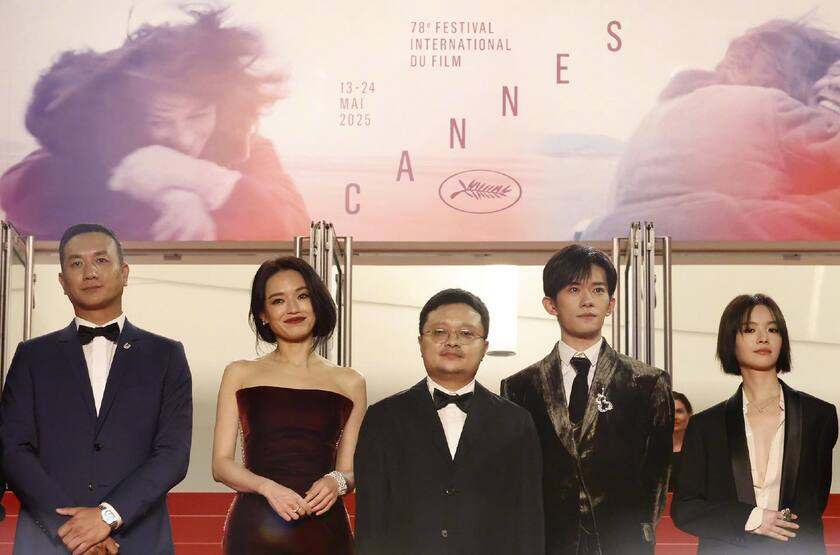
Many viewers found the film somewhat difficult to watch as it explored the themes of memory and dreams, questioning the film's ability to preserve memories while also offering a reflection on humanity.
The fact that "Resurrection" finished filming in April 2025, just over a month before its announcement as a contender for the Palme d'Or, created immense time pressure. The frantic pace of post-production and obtaining Cannes Film Festival permits within such a short period was both a major challenge and a memorable milestone in Bi Gan's artistic career.
The inclusion of "Resurrection" in the main competition category of the 2025 Cannes Film Festival, as the only Chinese film at Cannes this year, has attracted special attention. Upon its premiere, the film received a standing ovation lasting nearly 7 minutes, a testament to its appeal and artistic value. Despite the rushed production, which didn't even allow time for a private screening for the press and distributors beforehand, "Resurrection" still generated overwhelmingly positive reactions from critics.
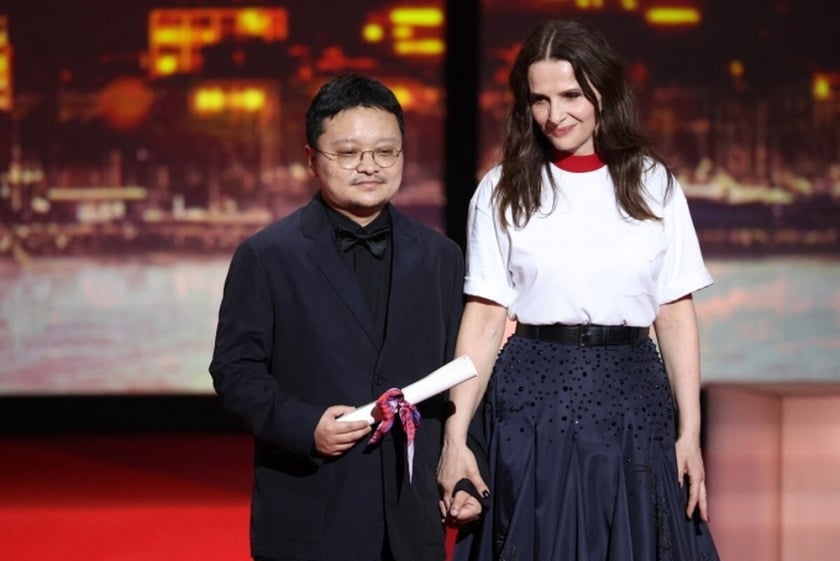
According to Variety, the film helped solidify Bi Gan's standing in Chinese cinema.
The Guardian, a prestigious newspaper, gave "Resurrection" a 4/5 star rating and called it "a true work of art," although the film's plot remains a lingering mystery. Meanwhile, The New York Times ranked it third on its list of the best Cannes films of the year, noting: "Bi Gan is one of cinema's most magical filmmakers, with slow-motion, sweeping sequences so intricately choreographed that they feel like magic tricks you could live in."
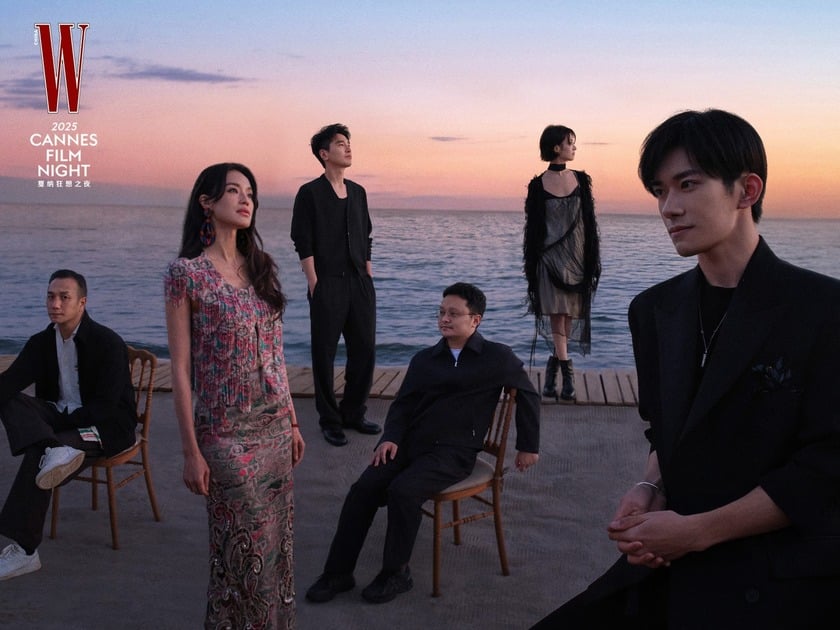
The film also proves that Bi Gan is considered a talented director in Chinese cinema, with his unique and artistic filmmaking style.
The newspaper also described "Resurrection" as a "love letter to cinema, on the occasion of the 130th anniversary of the history of the seventh art," with a subtle blend of Blade Runner and Holy Motors, and tributes to the Lumière brothers, FW Murnau and Georges Méliès.
The success of "Resurrection" at Cannes marks the first victory for Chinese cinema at this prestigious film festival in 10 years, since Hou Hsiao-Hsien's "The Assassin" in 2015. This not only solidifies Bi Gan's position but also instills hope for the strong development of Chinese cinema on the international stage.

 VI
VI EN
EN





